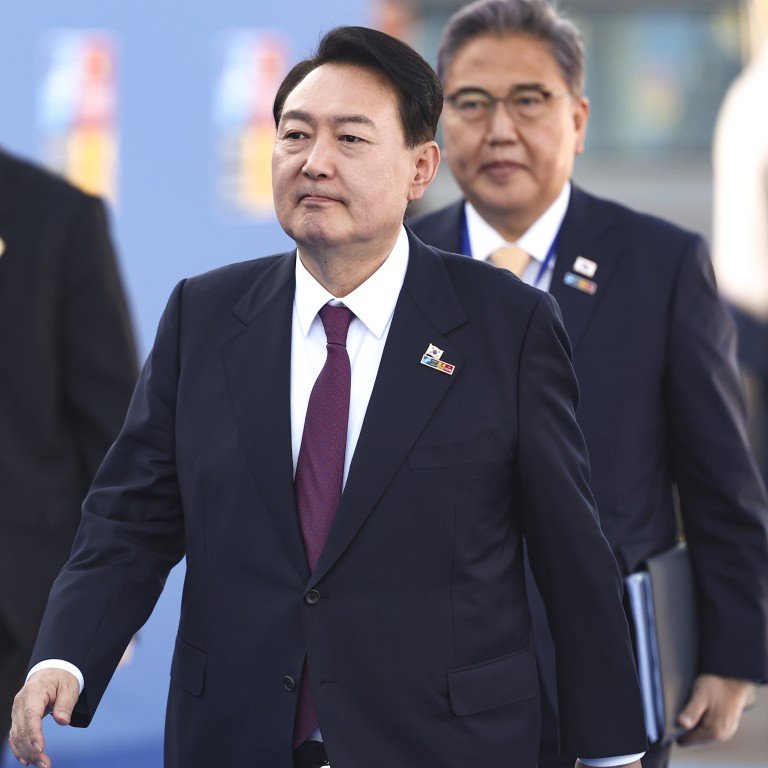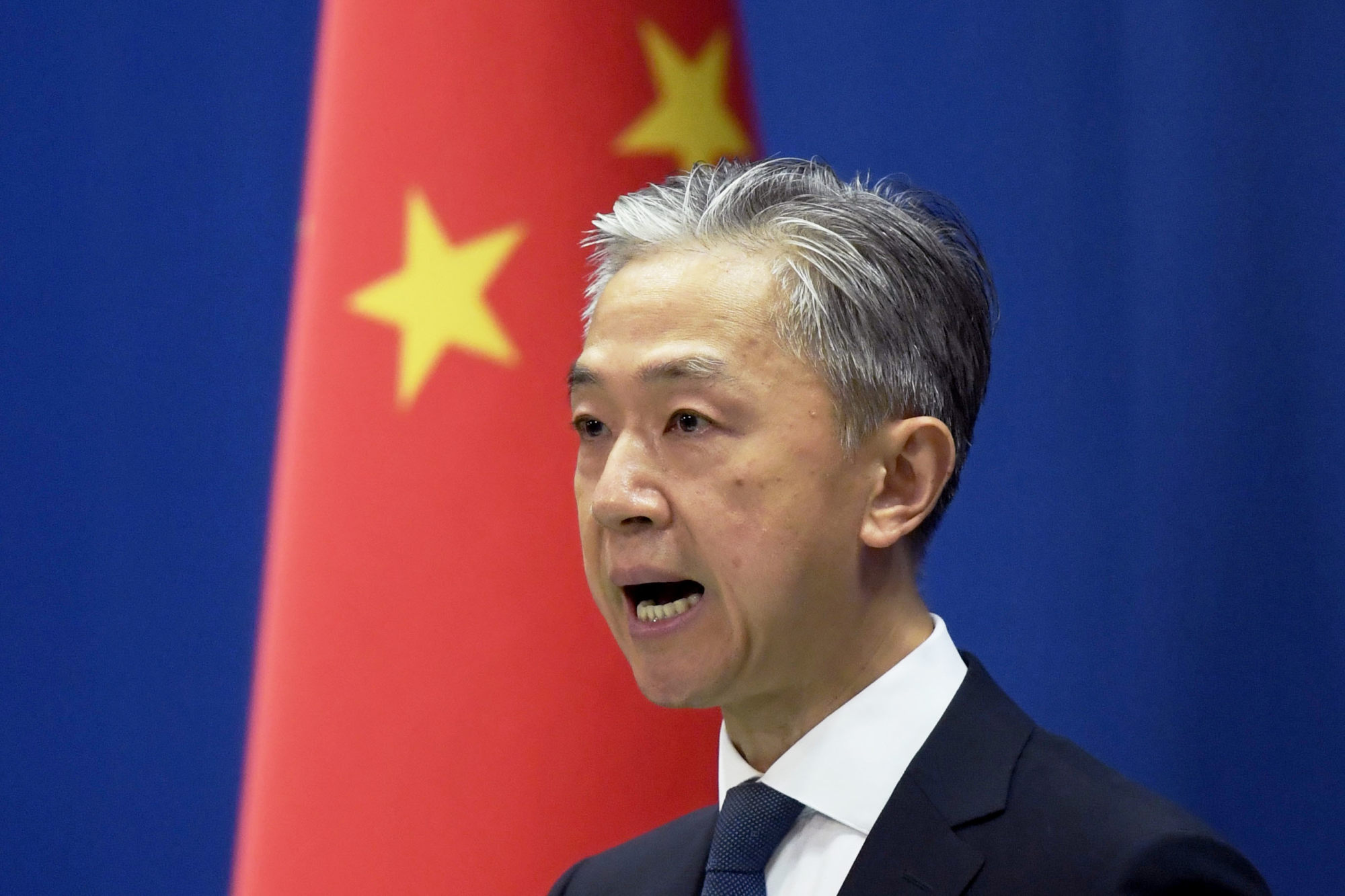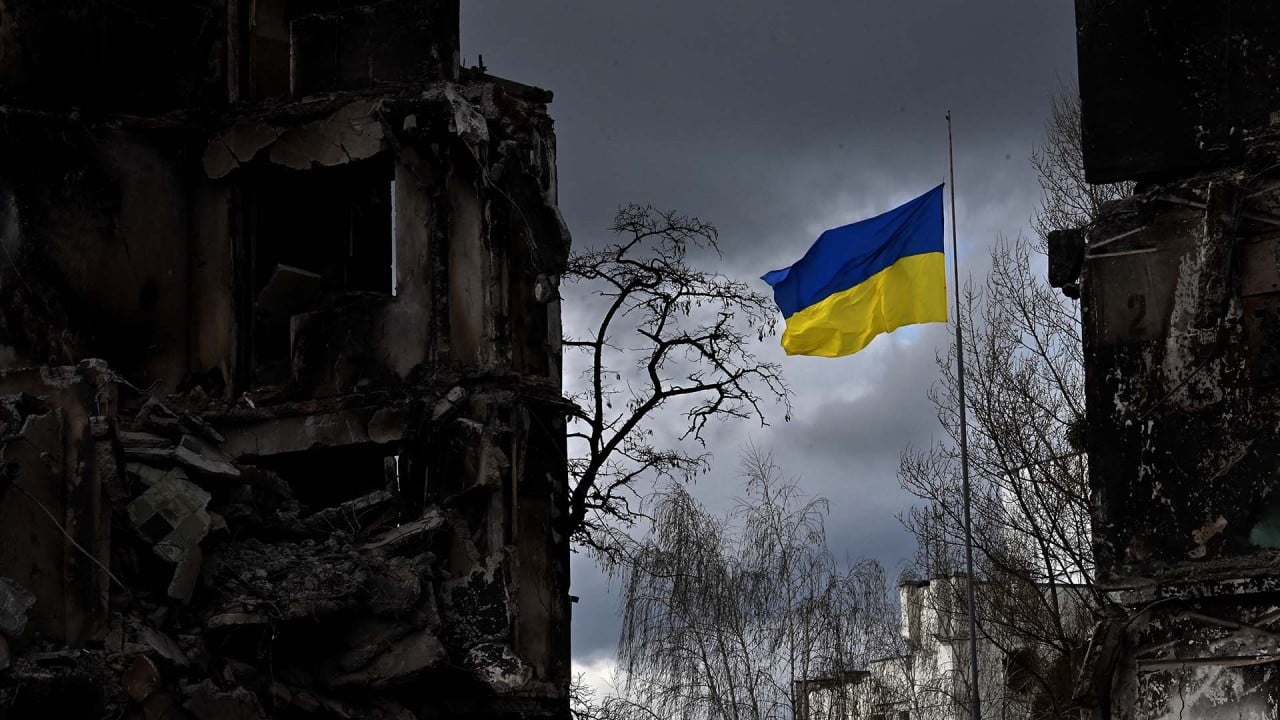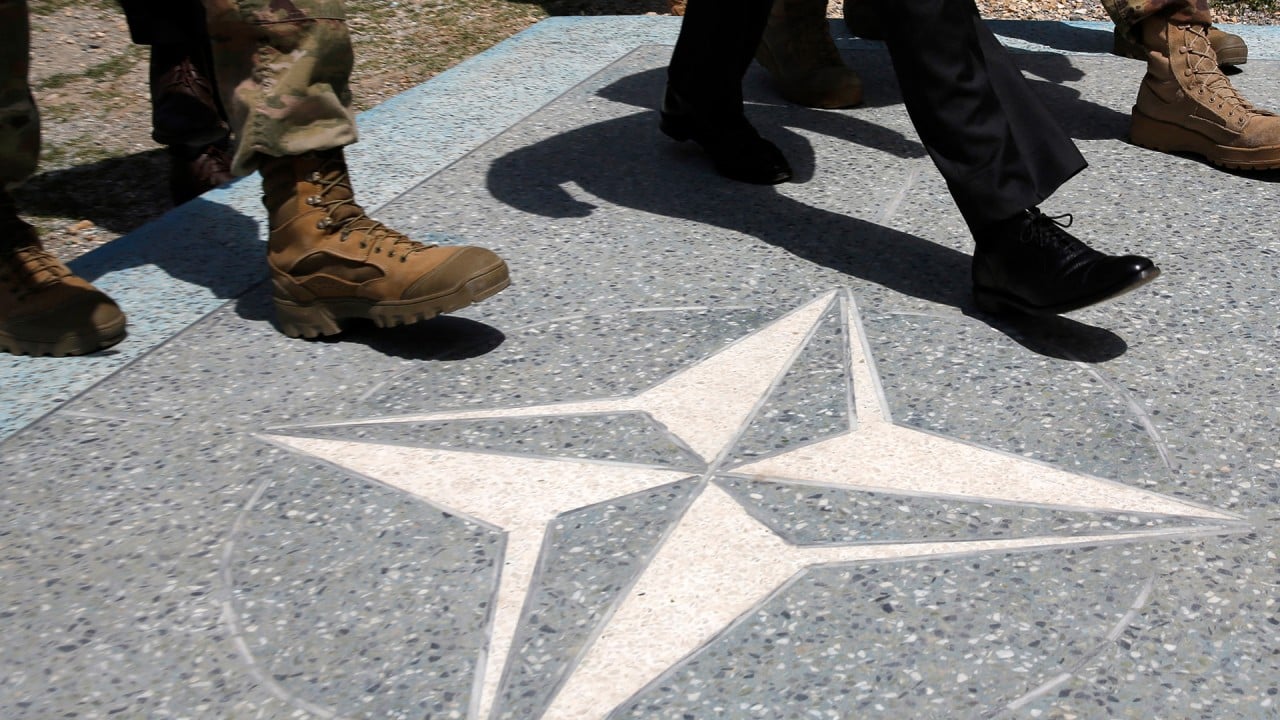
Chinese envoy prods South Korea to rethink pro-US pivot
- Ambassador Xing Haiming says Seoul should act as a ‘lubricant’ between Beijing and Washington
- The diplomat hits back against Nato’s new strategic blueprint, which calls China a ‘systemic challenge’
In a speech on Thursday, Xing Haiming also brushed aside growing criticism of China at the summit, including remarks by Yoon hinting that China is a threat to “universal values”.
China tells UN expansion of Nato into Asia-Pacific will stir up conflict
China remains hypersensitive about Nato’s expansion, especially in the wake of Russia’s invasion of Ukraine, and has been vocal against Asia-Pacific nations – including South Korea, Japan, Australia and New Zealand – attending the Madrid summit as observers.
South Korean Prime Minister Han Duck-soo pushed back on Tuesday, saying China’s opposition to Yoon’s involvement in the Nato event was “not in line with mutual respect”.
Xing also hit back against Nato’s new strategic blueprint, adopted on Wednesday, which labelled China a “systemic challenge” to the Western alliance’s “interests, security and values”.
“China advises Nato to stop spreading false facts and provocative remarks against China, and not to sow chaos in Asia and the world after messing up Europe,” he warned.
How leaders mingle after Nato meetings: fine food, music, art
During his speech at the Nato summit, Yoon took a veiled swipe at China and Russia, saying: “As a new structure of competitions and conflicts is taking shape, there is also a movement that denies the universal values that we have been protecting.”
Citing an unnamed South Korean official, Reuters reported that Yoon was referring to his concerns about Russia’s war on Ukraine and “China’s responsibility in the international community”.
Beijing has been wary of the Yoon administration’s tilt towards Washington and its criticism of former president Moon Jae-in’s China-friendly approach.
Unlike Japan, which has become increasingly hostile towards China and played a leading role in the US Indo-Pacific strategy, Beijing hopes to maintain friendly ties with South Korea, which depends on China for trade.
South Korea has become a priority for Beijing’s diplomacy in recent months, with President Xi Jinping reaching out to Yoon after he was elected in March and Vice-President Wang Qishan attending his inauguration ceremony in May.
However, according to a poll by the US-based Pew Research Center this week, public perceptions of China among South Koreans have seen a sharp decline this year, with only 19 per cent saying they hold a favourable view of the country, while 89 per cent said the same of the US.
“We hope and believe that from the standpoint of constructive, long-term interests, South Korea will properly handle its bilateral ties with both China and the US, and play a role as a ‘lubricant’ between China and the US, in order to maintain regional peace, stability and prosperity,” he said.

Xing described growing criticism in South Korea and elsewhere of the Communist Party as “prejudice and misunderstanding”.
“The Communist Party of China has always emphasised democracy and freedom, and has its own profound understanding of democracy and freedom,” he said.
Describing Seoul as a strategic partner, Xing urged South Korean leaders to take a long-term, historical view of bilateral ties and help guide public opinion to “view China and China’s domestic and foreign policies objectively and rationally”.



